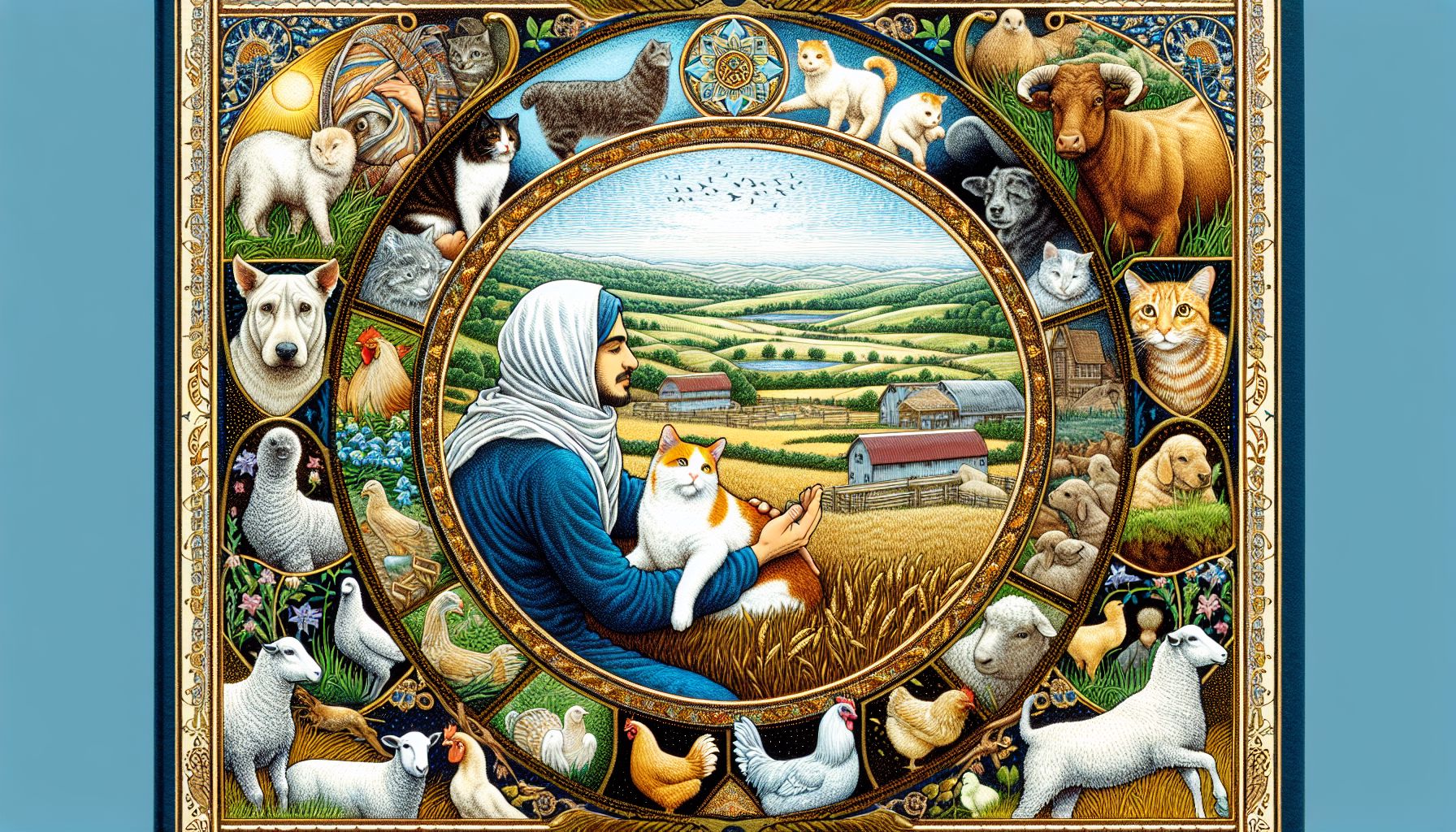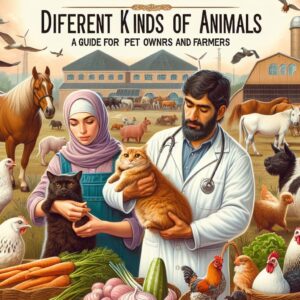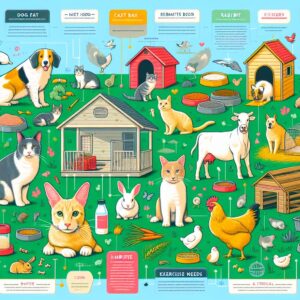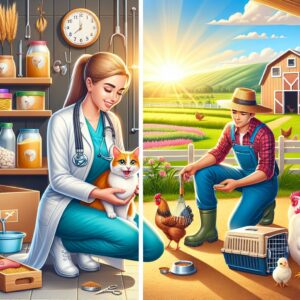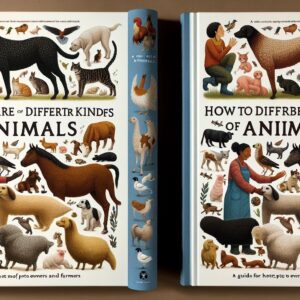Animals play a significant role in our lives, whether they are pets providing companionship or livestock supplying us with food and resources. As responsible pet owners and farmers, it is our duty to ensure the well-being and health of the animals under our care. In this article, we will discuss various aspects of animal care, from basic pet care tips to the importance of veterinary attention for livestock. So, let’s dive in and learn how to provide optimal care for our furry friends and farm animals.
Introduction
Ensuring the welfare of animals begins with understanding their individual needs, behaviors, and health. This knowledge allows us to create a nurturing environment that will promote their overall well-being. Whether you are a doting pet owner or a diligent farmer, the principles of animal care apply across the board. So, let’s explore the key aspects of providing excellent care for our animals.
Basic Pet Care
For pet owners, it is essential to provide our beloved companions with a safe and comfortable home. Regular feeding, clean water, and a balanced diet are crucial to maintaining their health. Additionally, maintaining a consistent routine for exercise, grooming, and playtime can promote physical and mental well-being.
Another important aspect of pet care is regular visits to the veterinarian. Vaccinations, preventive treatments for parasites, and annual check-ups can help detect any health issues early on, ensuring the longevity and happiness of our furry friends.
The Significance of Veterinary Attention for Livestock
As a farmer, ensuring the health of your livestock is not only humane but also essential to optimizing productivity. Regular veterinary check-ups, vaccinations, and proper nutrition help prevent the spread of diseases within the herd and ensure the overall well-being of the animals.
Prompt attention to injuries or illnesses is crucial to limiting suffering and promoting swift recovery. Whether it’s a sprained joint, an infected wound, or any other health issues, consulting a veterinarian for professional guidance and treatment greatly benefits farm animals. Remember, a healthy animal leads to greater productivity and fewer financial losses.
Owning Animals Responsibly
Irrespective of whether your animals are pets or livestock, responsible ownership is crucial. This means providing them with not only the essentials of food, water, and shelter but also a safe and enriched environment that caters to their specific needs.
Understanding the natural behaviors and instincts of your animals is key. From providing enrichment activities for pets, such as puzzle toys or scratching posts, to creating suitable living conditions for livestock, such as access to pasture and adequate shelter, responsible ownership contributes to the overall well-being and happiness of the animals in our care.
Caring for Injured Animals in the Wild
While the majority of our animal care responsibilities lie with our own pets and livestock, we should also extend our compassion to injured animals in the wild. In cases where an injured animal is discovered, contacting your local wildlife rehabilitation center or animal control is often the best course of action.
Attempting to care for and rehabilitate wild animals on your own is usually not recommended as it requires specialized knowledge, experience, and facilities. By involving professionals, injured animals can receive the necessary medical attention and care, increasing their chances of recovery and eventual release back into their natural habitat.
Conclusion
Caring for animals, whether they are part of our family or farm, is our ethical obligation. By understanding their unique needs, providing adequate nutrition, medical care, and suitable living conditions, we can ensure their well-being and promote their longevity. Additionally, responsible ownership and extending our assistance to injured animals in the wild further exemplify our commitment to animal welfare. Remember, it is our duty to be compassionate, knowledgeable, and proactive in caring for our furry and feathered friends.
